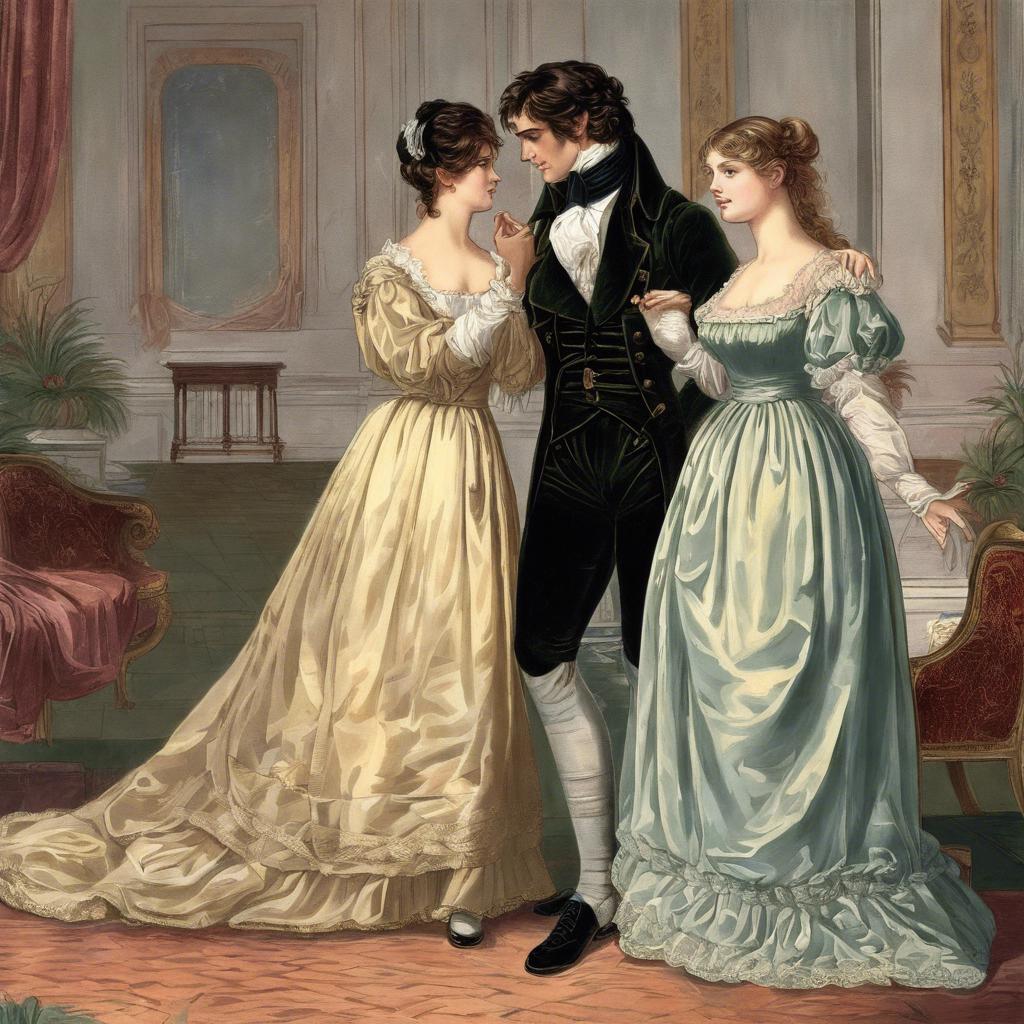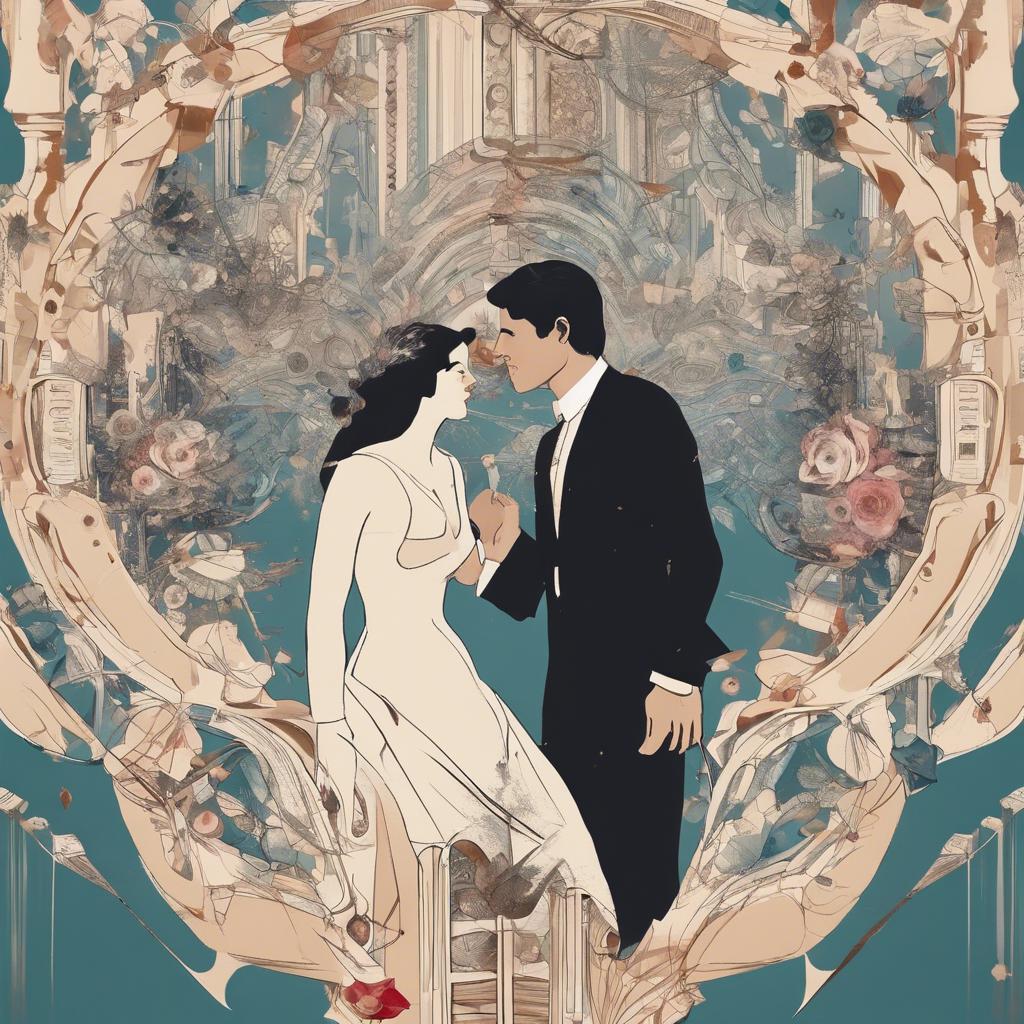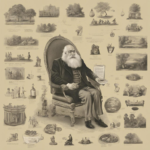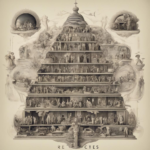During the Regency era, a period spanning from 1811 to 1820 in Britain, the affluent society was governed by strict social rules and expectations. Amidst this backdrop of elegance and tradition, a unique form of romantic fiction emerged, capturing the hearts of readers then and now. In this article, we will delve into the world of Regency era romance, exploring the themes, characters, and settings that continue to enchant and captivate audiences centuries later. Join us as we embark on a journey through time to uncover the allure of this timeless genre.
Step Into the World of Cheryl Bolen
Dive into the enchanting stories of love, intrigue, and elegance set in the Regency Era. Cheryl Bolen's novels offer timeless romance and captivating tales that will leave you wanting more.
Explore Cheryl Bolen's Books Now
Introduction to Regency Era Romance
The Regency Era, spanning from 1811 to 1820, was a period in British history known for its elegance, refinement, and societal rules. This era has captured the imagination of many romance readers due to its unique blend of historical events, fashion, and courtship customs.
In Regency Era romances, readers are transported back in time to a world of grand balls, intricate etiquette, and forbidden passions. The heroines often defy societal norms, while the dashing heroes sweep them off their feet with charm and wit. These stories are filled with longing glances, whispered conversations, and the thrill of forbidden love.
Whether set in the bustling streets of London or the peaceful countryside, Regency Era romances offer a glimpse into a world where love conquers all, even in the face of adversity. From feisty heroines to brooding heroes, these novels are sure to captivate readers with their timeless tales of romance and intrigue.
Exploring the Themes of Love and Society in Regency Era Romance Novels
In Regency era romance novels, the themes of love and society are intricately intertwined, showcasing the complex relationships and societal expectations of the time. Love often transcends social classes, leading to forbidden romances and scandalous affairs that challenge the rigid structures of Regency society.
The strict rules and etiquette of Regency society serve as a backdrop for the passionate love stories that unfold in these novels. From lavish ballrooms to clandestine meetings in secluded gardens, the characters navigate the expectations of their families and the judgments of their peers as they pursue their desires.
Themes of duty, honor, and sacrifice are common in Regency era romance novels, as characters grapple with the conflicting demands of their hearts and their responsibilities to their families and society. The tension between personal desires and societal norms creates a rich tapestry of emotional turmoil and moral dilemmas that captivate readers and transport them to a bygone era of elegance and intrigue.
Analyzing the Influence of Jane Austen on Regency Era Romance Literature
Throughout the Regency era, the works of Jane Austen had a significant impact on romance literature. Her novels, including “Pride and Prejudice” and ”Sense and Sensibility,” set the standard for the portrayal of relationships, social class, and the pursuit of love during this time period.
Themes in Jane Austen’s writing that influenced Regency era romance literature:
- The importance of social status and class in romantic relationships
- The portrayal of strong, independent female characters
- The focus on wit, humor, and intelligent conversation between love interests
| Novel | Publication Year | Main Theme |
|---|---|---|
| Pride and Prejudice | 1813 | Preconceived judgments and personal growth |
| Sense and Sensibility | 1811 | Social class and familial relationships |
By , we gain a deeper understanding of the cultural norms, societal expectations, and romantic ideals of the time. Austen’s observations and commentary on love and marriage continue to resonate with readers and writers alike, shaping the genre of historical romance for centuries to come.
Key Elements to Look for in a Regency Era Romance Novel
When diving into a Regency era romance novel, there are key elements that readers should keep an eye out for to fully immerse themselves in the enchanting world of the early 19th century.
First and foremost, a captivating Regency era romance novel should have a strong focus on the societal norms and class distinctions of the time. Look for intricate details about the lavish lifestyles of the aristocracy, the strict rules of courtship, and the elaborate balls and social events that were the center of Regency society.
Additionally, the novel should feature well-developed characters that embody the ideals and struggles of the era. From dashing dukes to spirited debutantes, each character should be finely drawn with their own motives, desires, and obstacles to overcome. Readers should be able to root for the protagonists as they navigate the complex world of Regency England.
Concluding Remarks
the Regency era was a time of societal transformation, political intrigue, and romantic blossoming. The literature of this period, particularly the romance novels, captured the essence of the era with their unique blend of passion, elegance, and societal conventions. Through the pages of these novels, readers are transported to a world of grand balls, dashing gentlemen, and spirited heroines, where love conquers all obstacles. The enduring appeal of Regency era romance lies in its ability to transport us to a bygone era, where love and courtship are intricately intertwined with the tapestry of history. So, as we bid farewell to this captivating era, let us continue to be enthralled by the timeless allure of Regency romance.



Pingback: regency era social classes – The Regency Era